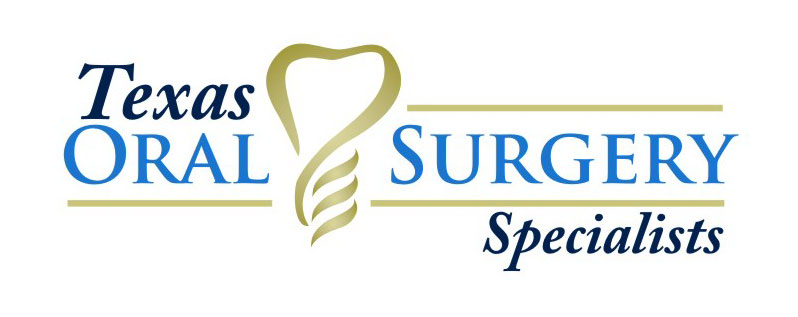
While oral surgery can be daunting, it’s best not to put it off for too long. So, contact Dr. Chris L. Tye at Texas Oral Surgery Specialists today. You can reach our Ft. Worth TX oral surgeon at (817) 552-3223 for appointments and more information.
In today’s blog, our Ft. Worth, TX, oral surgeon is here to reveal some effective tips and tricks to accelerate healing and ensure a smooth recovery after oral surgery.
1. Follow Post-Operative Instructions
Our Ft. Worth, TX, oral surgeon supplies every patient with a detailed set of post-operative instructions tailored to your specific procedure and individual needs. Adhering to these guidelines is of utmost importance.
These instructions often include advice on medications, oral hygiene, dietary restrictions, and activity levels. Failure to follow these instructions can lead to complications such as infections or delayed healing.
2. Manage Pain and Swelling
Pain and swelling are common after oral surgery. Here’s how to handle them:
Medications
Take prescribed painkillers and anti-inflammatory drugs as directed by our Ft. Worth, TX, oral surgeon. Over-the-counter medications sold at drug or grocery stores (like ibuprofen) can also help manage discomfort.
Ice Packs
Apply frozen compresses to the affected area for roughly 15 minutes every hour for the first 24 to 48 hours. This reduces swelling and numbs the area, providing pain relief.
Elevate Your Head
Sleep with your head elevated for the first few nights. This helps reduce swelling and promotes proper drainage.
3. Maintain Oral Hygiene
Keeping your mouth clean is crucial to prevent infections. Our Ft. Worth, TX, oral surgeon recommends:
Gentle Rinsing
After the first 24 hours, rinse your mouth gently with room-temperature, salty water (1 teaspoon of salt in 8 ounces of water) several times a day. Avoid vigorous rinsing which can dislodge blood clots.
Brush Carefully
Continue cleaning your teeth as usual, but avoid the surgical area. Use a soft-bristled toothbrush and be gentle around the stitches or incisions.
4. Dietary Adjustments
Your diet plays a significant role in the healing process:
Soft Foods
Stick to soft, nutritious foods like eggs, stews, meal replacement shakes, smoothies, yogurt, and mashed potatoes. Avoid hard, crunchy, spicy, or hot foods that can irritate the surgical site.
Stay Hydrated
Data suggest that a moist environment encourages faster healing. So, drink plenty of fluids, but avoid using straws as the sucking motion can displace blood clots and delay healing.
5. Rest and Recovery
Sufficient rest is crucial for your body to heal. Here’s what our Ft. Worth, TX, oral surgeon recommends:
Limit Physical Activity
Steer clear of demanding activities and exercise for at least a few days post-surgery. Physical exertion can increase blood flow to the surgical area and cause bleeding.
Get Lots of Sleep
The body repairs itself during sleep, so ensure you get enough rest. Shoot for seven to nine hours of sleep per night.
6. Avoid Tobacco and Alcohol
Smoking restricts blood flow and can lead to dry socket, a painful condition where the blood clot at the extraction site breaks free.
Alcohol can interfere with medications and delay healing. Avoid both until you are fully healed.
Consult with a Ft. Worth TX Oral Surgeon Today
Your oral health is vital, so it’s important to take the necessary steps to ensure a smooth and speedy healing process. Want more tips and tricks for a smoother recovery? Contact Texas Oral Surgery Specialists online or at (817) 552-3223 for tailored advice and information.


